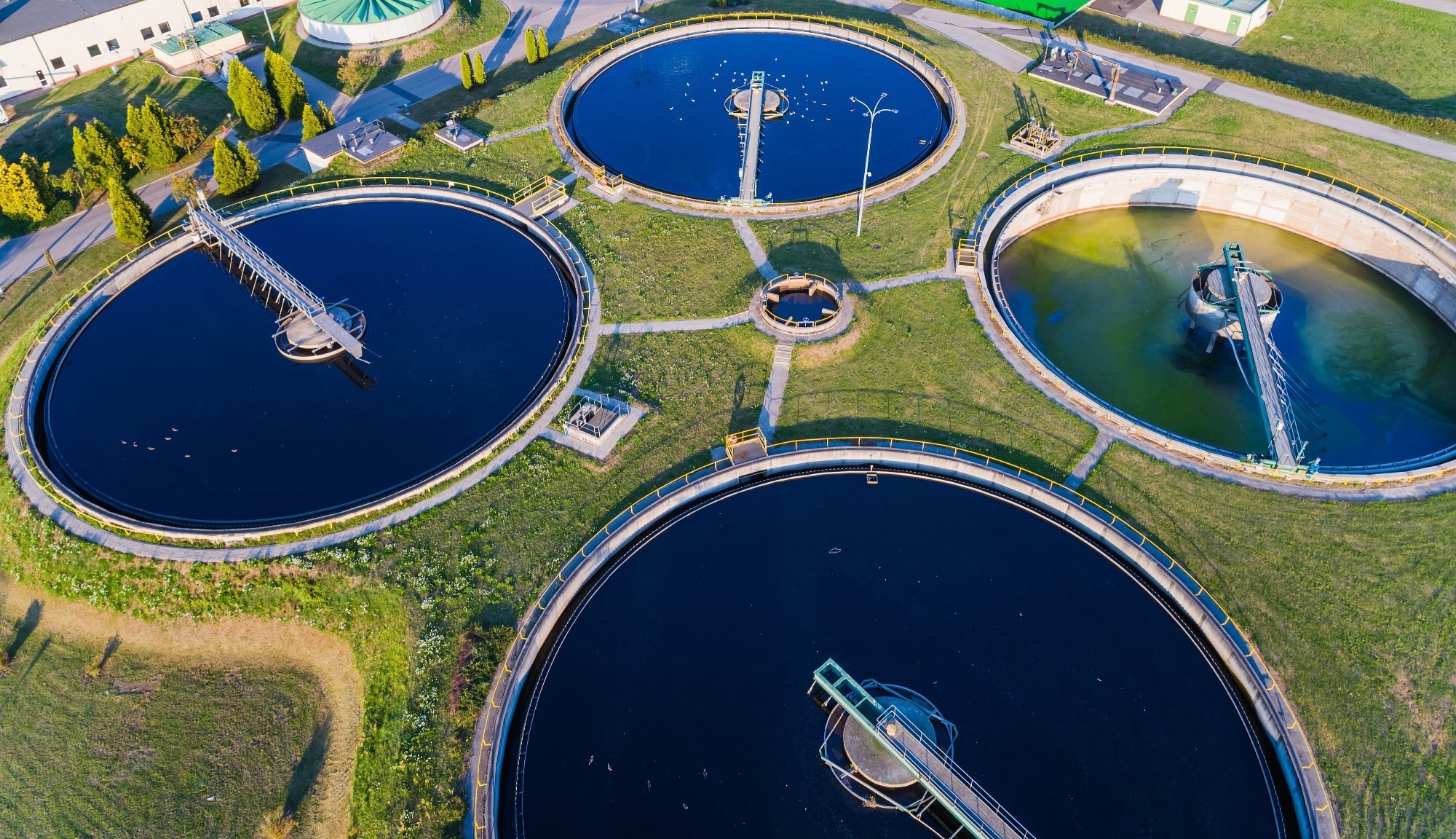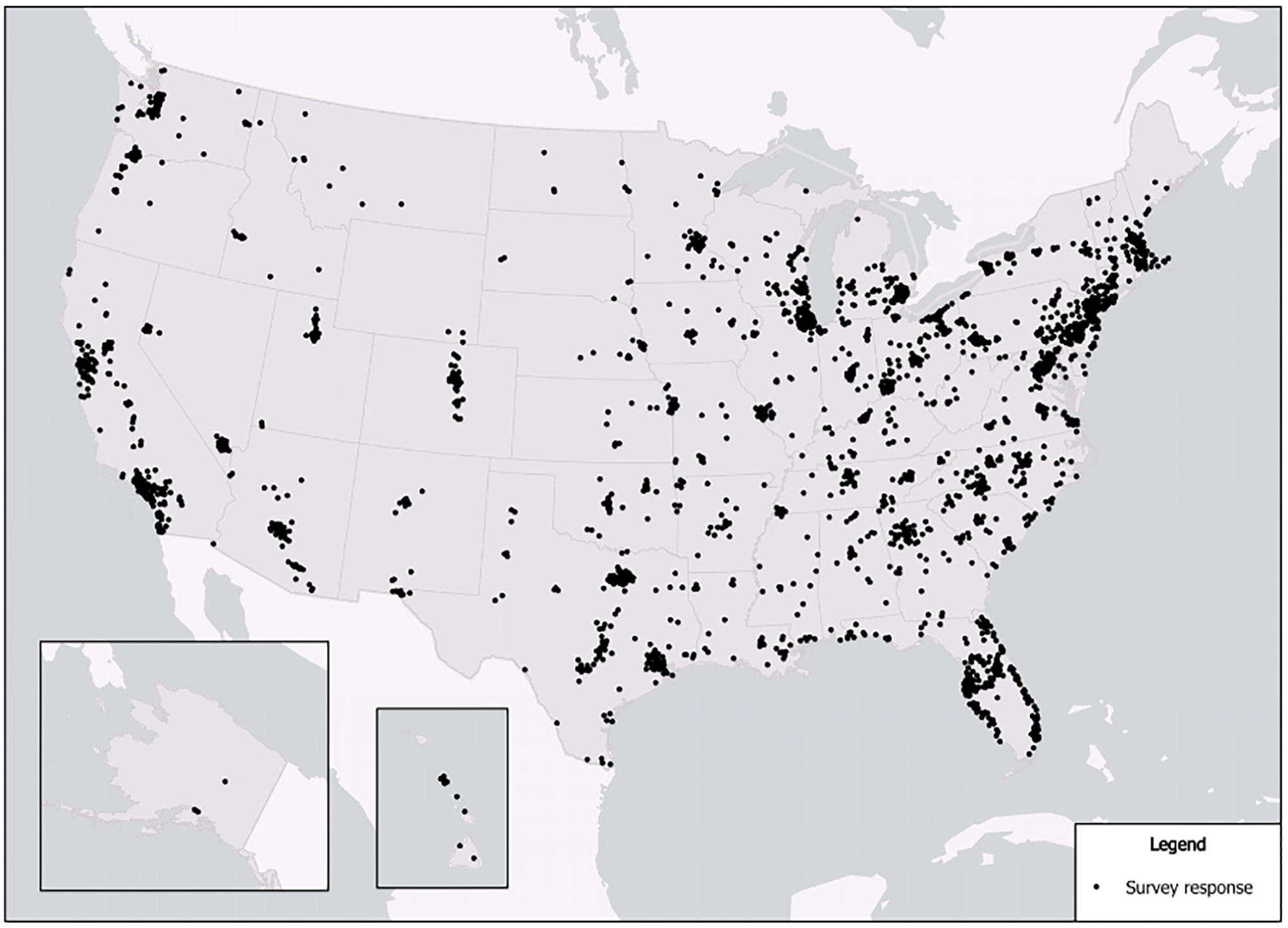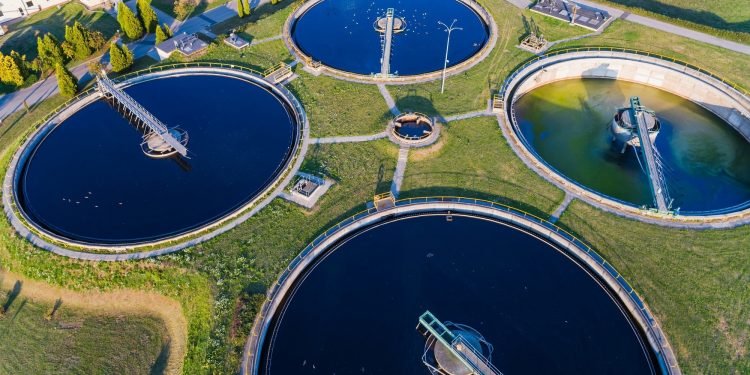A brand new PLOS One journal paper by College of Louisville researchers underscored public perceptions of sewer surveillance and safety points related to sewage monitoring that may very well be modified by means of academic applications. These findings will present very important data for refining coverage, utility, and regulatory measures pertaining to wastewater-based epidemiology and enhancing public acceptance.
 Examine: Nationwide public perceptions regarding the acceptance of using wastewater for community health monitoring in the United States. Picture Credit score: Daniel Jedzura / Shutterstock
Examine: Nationwide public perceptions regarding the acceptance of using wastewater for community health monitoring in the United States. Picture Credit score: Daniel Jedzura / Shutterstock
Background
Sewer monitoring has emerged as a doubtlessly novel and cost-effective part of public well being surveillance. Sewage monitoring entails the gathering of pooled samples from sewage techniques on the group or institutional ranges. Sewers function an mixture for human waste on the group degree and a template for group surveillance.
Sewer monitoring can present priceless insights into what pathogenic viruses, micro organism, and protozoa are prevalent in a group. Concerning public well being, wastewater-monitoring applications uncover infections and illnesses which will have escaped or are underreported by customary surveillance techniques and will potentiate outbreaks.
As an example, wastewater monitoring has been used to detect and monitor outbreaks of the extreme acute respiratory syndrome coronavirus 2 (SARS-CoV-2). Throughout the earlier phases of the coronavirus illness 2019 (COVID-19) pandemic, alterations in social constraints had been applied based on group an infection ranges. There have been considerations about whether or not sewage monitoring knowledge may very well be used as proof to vary social conduct and isolation protocols.
The examine
The current examine explored whether or not public perceptions relating to sewage monitoring can be utilized as a public well being surveillance device – by means of a survey administered to a pattern of people throughout the USA.
The examine aimed to judge sewer monitoring data, consciousness, acceptability, confidentiality, and the variables that have an effect on a person’s consciousness of the sewage monitoring settlement.
The findings supplied insights into sewer monitoring acceptance and might information coverage formulation about increasing sewer monitoring functions at nationwide and native ranges.
Contributors had been recruited on-line by means of Qualtrics XM – a nationwide analysis panel supplier randomly invited to take part within the survey. This survey consisted of three parts – questions on data on sewer monitoring and its acceptance; demographic questions, like age, gender id, geography, race, ethnicity, academic degree, and revenue; and a privateness perspective questionnaire (PAQ)to evaluate basic privateness boundaries.
 Location of respondents
Location of respondents
The findings
Total, 3,083 contributors answered questionnaires about sewer monitoring as a public well being surveillance device that assessed their data, perceptions, and privateness considerations.
Roughly half of the respondents had no thought whether or not COVID-19 may very well be detected in sewage. Individuals throughout the USA (U.S.) had been typically much less conscious of sewer monitoring than different varieties of public well being surveillance.
Respondents––as measured by the PAQ––confirmed reasonable ranges of privateness considerations, with larger ranges of concern relating to non-public data and decrease ranges for monetary data.
The vast majority of respondents supported sewer monitoring, notably for figuring out toxins, illnesses, and terrorist threats, with a lowering degree of desire within the given sequence. Whereas the assist appeared to deteriorate for assessing behaviors and well being statuses of the inhabitants, equivalent to way of life, food plan, and psychological sickness.
There have been no important privateness considerations related to sewer monitoring throughout the nation. Notably, sampling on the metropolis scale garnered larger assist than that at a narrower scale.
Sewer monitoring is an rising expertise, so in areas the place public well being surveillance is comparatively unknown, academic applications could show to be advantageous in modifying public perceptions. The findings of this survey depict that whereas data and consciousness associated to sewer monitoring are low, the U.S. inhabitants is restricted about what’s and isn’t applicable for monitoring; public opinion should be thought of.
The examine had some caveats – the truth that contributors had been self-selected and the character of the survey was hid till the contributors met the inclusion necessities. Moreover, survey researchers could have had self-selection bias; the respondents had been older, wealthier, higher educated, and from the suburbs; residents of rural areas had been excluded, and the analysis was restricted to the U.S.
Extra analysis is required to judge public attitudes towards using sewers for worldwide group well being monitoring.











